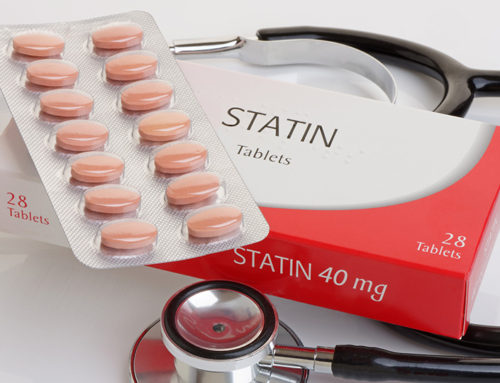A new Australian study links low levels of vitamin D with a higher risk of diabetes.
This study comes on the heels of a finding presented at the American Diabetes Association 2011 Scientific Sessions that showed that examined data from the Diabetes Prevention Program which showed that participants in the upper third of vitamin-D levels had a 26% less chance of developing diabetes compared to the participants in the lower third.
These studies add to the growing body of research demonstrating a positive effect of vitamin D on literally dozens of conditions ranging from cancer to obesity.
In the Australian study, 5200 non-diabetic men and women were evaluated for blood sugar issues using a glucose tolerance test. In addition, the researchers tested their blood levels of vitamin D. The subjects were then followed-up for five years.
During the five-year follow-up, 199 cases of diabetes were diagnosed. Those who developed diabetes had lower vitamin D levels compared to those who remained free of diabetes.
Even after adjusting for all possible confounding variables like smoking, physical activity, hypertension, and family history of diabetes, each 25nmol/L increment in blood levels of vitamin D was associated with a 24% reduced risk of diabetes.
Each 25 nmol/L increment in serum vitamin D was associated with a 24% reduced risk of diabetes. A single vitamin D capsule of 1000 IUs of vitamin D would raise your blood levels of vitamin D by the amount needed to reduce the risk of diabetes by 24%. Two thousand IUS- the amount I generally recommend as a daily supplement— would reduce the risk by 48%. Not a bad return for one of the most inexpensive, easiest-to-take supplements on the planet!
Another nice finding of this study: higher levels of vitamin D were associated with greater levels of insulin sensitivity!
(Insulin sensitivity is the opposite of insulin resistance. In insulin resistance, the cells stop “listening” to insulin; insulin resistance at the root of both metabolic syndrome and diabetes. You want your cells to be insulin sensitive, not insulin resistant!)
Note that there are two systems of measurement for vitamin D levels in the blood. In Europe they use the nmol/L standard used in the present study, but in the US we mostly use ng/ml. If you have your vitamin D levels tested, make sure to compare apples to apples. According to the vitamin D council, optimal ranges using the US measurement of ng/ml are between 50-80.














“The hits just keep on coming” – It’s amazing how many areas of health and well being are affected by vitamin D. Now add insulin sensitivity and thus diabetes to the list. Are you aware of any studies examining the impact of D3 on those who already have diabetes?
Could low levels of D by why doc.s are seeing more colon cancer?
Yes! Low levels of Vitamin D could be linked to other conditions such as diabetes. I also read one article that there is also a greater risk of developing Low-Testosterone level due to diabetes. To prevent complications in the future, we must take enough vitamin D. Thanks for this. I will share this to my friends.